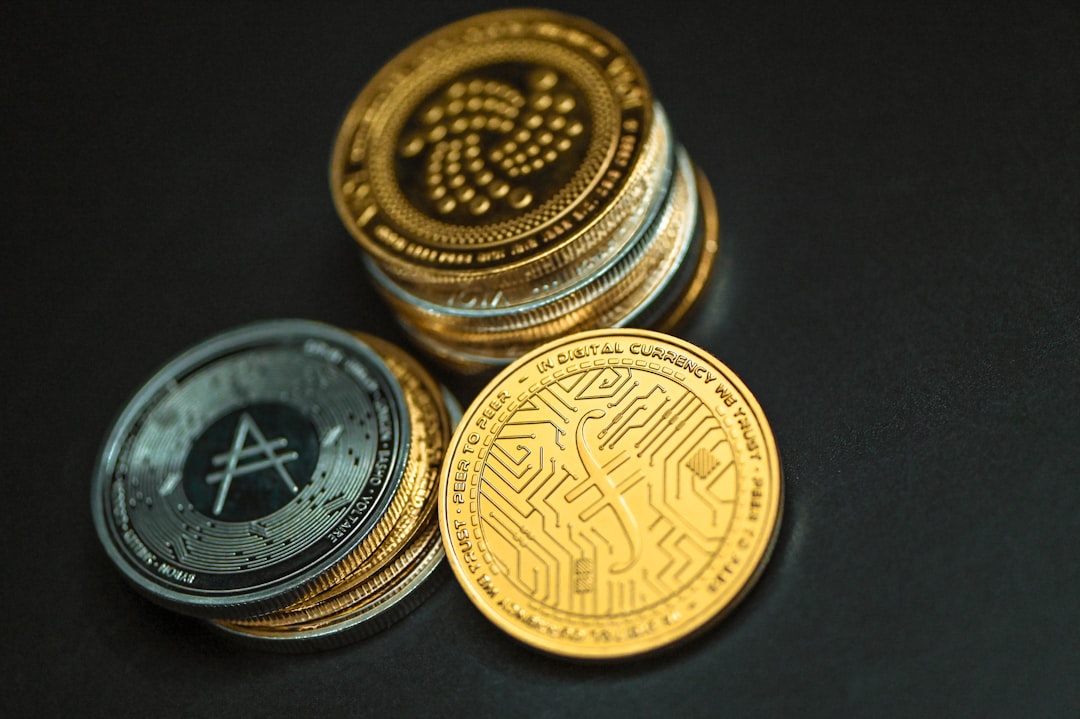In recent years, the term “blockchain” has become synonymous with innovation and disruption. Originating from the cryptocurrency realm, blockchain technology has expanded its horizons far beyond digital currencies like Bitcoin. It has emerged as a game-changer across industries, promising enhanced security, transparency, and efficiency. In this blog post, we will delve into the inner workings of blockchain, explore its potential applications, and discover the key features that make it so revolutionary.
## What is Blockchain?
At its core, blockchain is a decentralized digital ledger that records transactions securely and transparently. It operates on a peer-to-peer network, eliminating the need for intermediaries like banks or government institutions. Instead, it relies on a network of computers, known as nodes, which work collectively to validate and store transaction data.
But what sets blockchain apart is its unique structure. Transactions are grouped into blocks and linked together chronologically, forming a chain of blocks – hence the name “blockchain.” Each block contains a cryptographic hash, a unique identifier that ensures the integrity and immutability of the data. This decentralized and tamper-proof nature of blockchain offers immense possibilities outside the realm of finance.
## Applications of Blockchain
While blockchain’s initial application was the digital currency Bitcoin, its potential extends far beyond financial transactions. Let’s explore some of its key applications across industries:
1. **Supply Chain Management**: Blockchain can revolutionize supply chain management by providing end-to-end transparency. It enables tracking and tracing of goods, ensuring authenticity, preventing counterfeiting, and reducing inefficiencies.
2. **Healthcare**: Blockchain technology can solve numerous challenges in healthcare, such as securely sharing medical records among healthcare providers, tracking pharmaceutical supply chains, and enabling patients to have control over their health data.
3. **Real Estate**: Blockchain can simplify property transactions by digitizing title deeds, reducing fraudulent activities, and streamlining the transfer of ownership.
4. **Voting Systems**: By using blockchain, voting systems can become more secure, transparent, and accessible. It can prevent voter fraud and ensure the integrity of the electoral process.
5. **Smart Contracts**: Blockchain-based smart contracts automate contract execution, eliminating the need for intermediaries. They are self-executing, tamper-proof, and can revolutionize industries such as insurance, real estate, and finance.
## Advantages of Blockchain
Blockchain offers several advantages that make it appealing for a wide range of applications. Here are some key advantages:
1. **Transparency**: Blockchain’s transparent nature ensures that all participants have access to the same information, promoting trust and eliminating the need for intermediaries.
2. **Security**: Blockchain’s cryptographic algorithms protect data integrity by making it nearly impossible to alter information once it is recorded on the blockchain. This enhances security and reduces the risk of fraud.
3. **Efficiency**: Through the elimination of intermediaries, blockchain streamlines processes and reduces transaction costs. Transactions can be completed faster, offering significant time savings.
4. **Decentralization**: The decentralized nature of blockchain means that no single entity has control over the network. This enhances resilience, reduces the chance of system failure, and increases overall trust in the technology.
## Blockchain Challenges
While blockchain presents numerous opportunities, it is not without its challenges. Some of the main obstacles include:
1. **Scalability**: Blockchain networks face scalability issues due to the size and volume of data being processed. The technology needs to evolve to handle a greater number of transactions per second.
2. **Regulatory Frameworks**: The legal and regulatory frameworks surrounding blockchain are still being developed. The lack of clarity can hinder mass adoption and implementation at a larger scale.
3. **Energy Consumption**: The consensus algorithms used in blockchain networks often require significant computational power, resulting in high energy consumption. This aspect needs to be addressed for a more sustainable future.
## Conclusion
Blockchain technology has emerged as a revolutionary force with the potential to transform various industries. Its decentralized and secure nature offers significant advantages, ranging from increased transparency and efficiency to enhanced data security. As blockchain continues to evolve, it is crucial for businesses, governments, and individuals to understand its potential applications and overcome the challenges it poses. Embracing blockchain technology can lead us into a future where trust, security, and efficiency shape our digital world.




